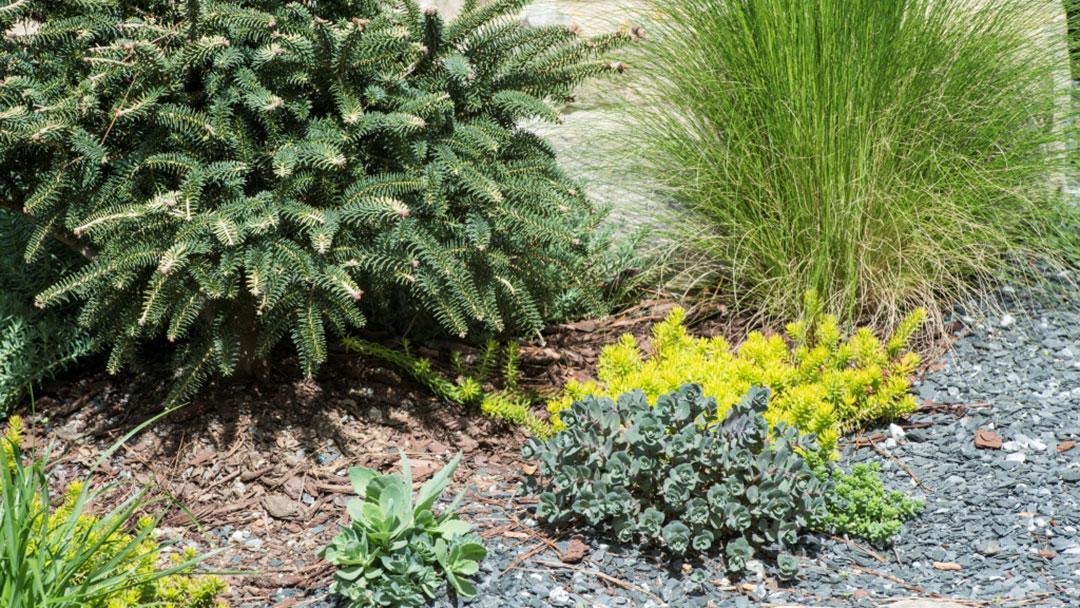
Gardening With Alan Titchmarsh is one of the most loved television shows. The series gives tips and tricks on growing your own fruits and vegetables, using the techniques that Alan has learned through his garden and with his Love Your Garden team. This series includes practical advice about where to plant vegetables and how to grow them anywhere.

Titchmarsh invites viewers to take a virtual tour in his garden through this series. The romantic English garden, which was shot last summer, is a celebration for Alan's 50th year in gardening and 40th on TV. The series also celebrates Alan’s 70th Birthday and features one among the most beautiful private gardens of the country. Alan Titchmarsh is a motivational speaker who aims to inspire viewers and encourage them to garden as a hobby.
Titchmarsh shares his gardening knowledge and experience from over a lifetime in this gardening guide. Titchmarsh's step-by-step instructions make it easy for readers to follow and learn how to create their own oasis in their backyard. This book is essential reading for all gardening enthusiasts. The best part is that it is written by someone who has done it himself, so you're sure to learn a lot along the way.
FAQ
How long can an indoor plant be kept alive?
Indoor plants can live for many years. To encourage new growth, it is important to repot your indoor plant every few months. Repotting is easy. All you have to do is remove the soil and put in fresh compost.
When is the best time to plant flowers?
Planting flowers is best done during springtime when temperatures are milder and the soil is moist. If you live in a cold area, plant flowers only after the first frost. The ideal temperature indoors for plants is around 60°F.
Are pots possible to grow fruit trees?
Yes! Yes, pots are possible to grow fruit trees if space is tight. Make sure your pot is drained to prevent the tree from getting rotted by excess moisture. Also, ensure the pot is deep enough to hold the root ball. This will prevent the tree from being stressed.
How do you prepare the soil?
It's easy to prepare the soil for a vegetable gardening. First, remove all weeds in the area where you plan to plant vegetables. After that, add organic material such as composted soil, leaves, grass clips, straw or wood chips. After watering, wait for plants to sprout.
How many hours of light does a plant need?
It depends on which plant it is. Some plants need 12 hours per day of direct sunlight. Others prefer 8 hours in indirect sunlight. Most vegetables need at least 10 hours of direct sunlight per 24-hour time period.
What is a planting calendar?
A planting calendar lists the plants that should all be planted at various times during the year. The goal is to maximise growth while minimizing stress. The last frost date should be used to sow early spring crops, such as spinach, lettuce, and beans. Later spring crops include cucumbers, squash, and summer beans. The fall crops include potatoes and carrots.
When is the best month to plant a vegetable garden in my area?
Planting vegetables in April and June is the best time. This is when the soil temperature is highest and plants grow most quickly. If you live somewhere cold, it is best to wait until July or august.
Statistics
- According to the National Gardening Association, the average family with a garden spends $70 on their crops—but they grow an estimated $600 worth of veggies! - blog.nationwide.com
- Today, 80 percent of all corn grown in North America is from GMO seed that is planted and sprayed with Roundup. - parkseed.com
- It will likely be ready if a seedling has between 3 and 4 true leaves. (gilmour.com)
- According to a survey from the National Gardening Association, upward of 18 million novice gardeners have picked up a shovel since 2020. (wsj.com)
External Links
How To
How can I keep weeds at bay in my vegetable yard?
Weeds pose a major threat to the production of healthy vegetables. They vie for water, nutrients sunlight and space. To prevent them from taking over your garden, use these tips:
-
When they flower, take all the plants with you
-
Remove any plant debris around the base of the plant
-
Mulch
-
Drink water frequently
-
Rotate crops
-
Do not let the grass get too long
-
Keep soil moist
-
Plant early
-
Harvest often
-
Add compost
-
Avoid chemical pesticides
-
Get organic vegetables
-
Heirloom seeds available
-
Start small
-
Learn more about companion planting
-
Be patient
-
Enjoy gardening!